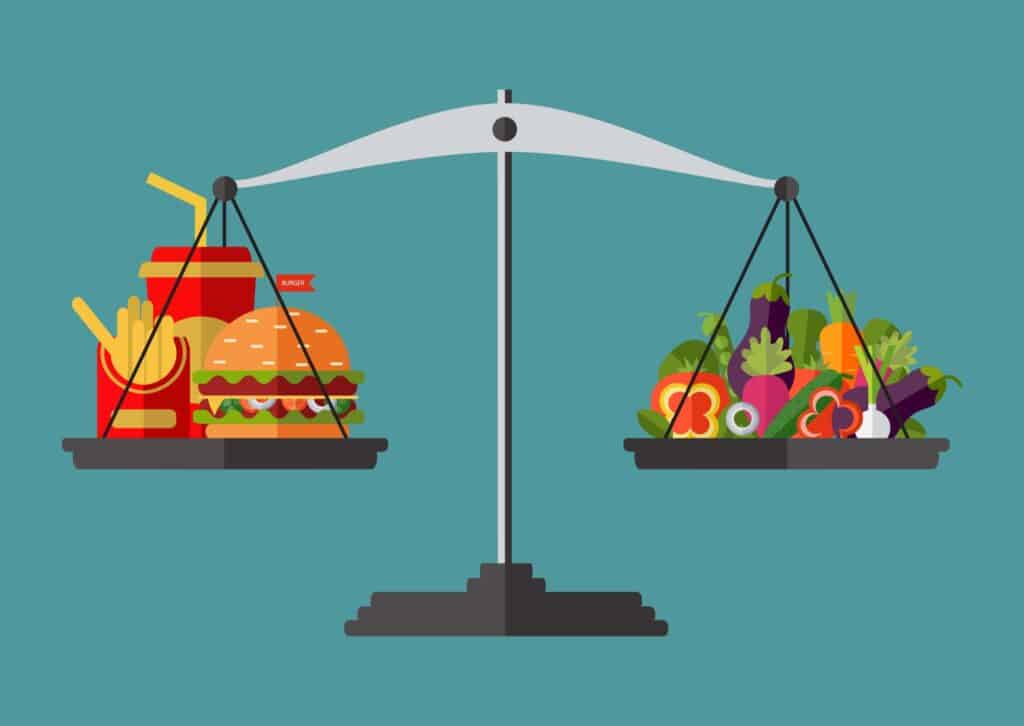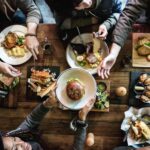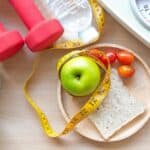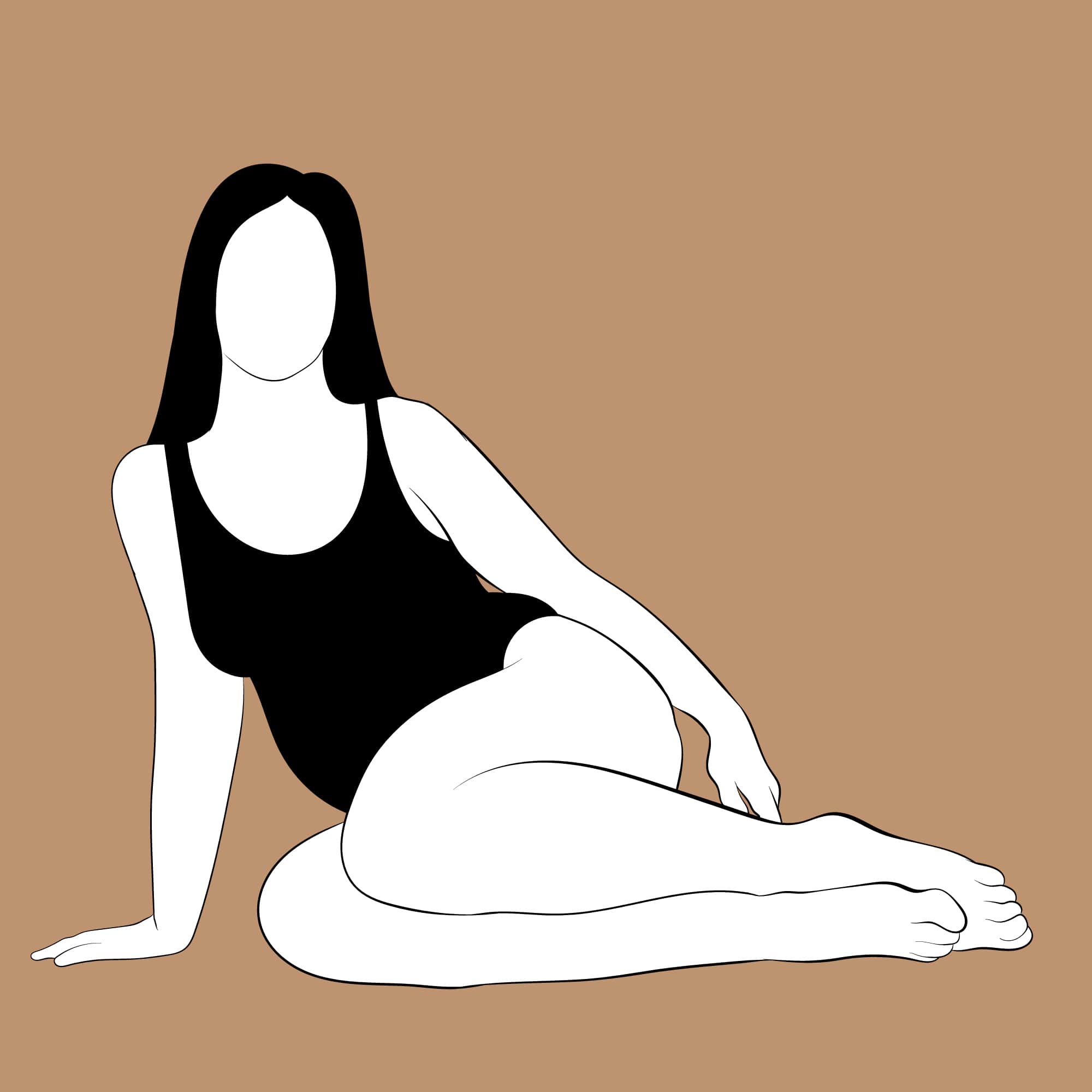Your guide to neutralise foods so they don’t hold power over you
Imagine if asparagus, spinach, chocolate and biscuits were equals… I can hear you singing “what a wonderful world it would be”.
Well my friends, I have wonderful news indeed… THEY ARE. Yes, they are ALL food and they are ALL part of a balanced ‘diet’.
Behold the concept of food neutrality – where food is taken off the pedestal and is dissociated from being either morally ‘naughty’ or ‘nice’. This is a key concept we explore when working with clients who have a rich dieting history, disordered eating or who are recovering from an eating disorder.
What is Food Neutrality?
The premise of this approach is to remove unwarranted labels on food, which typically only lend to distorting one’s relationship with food lessening the trust one has with their bodies.
Psychologist Fritz Heider actually demonstrated that depriving yourself of something you desire actually makes you desire that item even MORE. It’s no wonder dieting makes us crave forbidden foods so intensely. It’s not you, it’s biology.
What is more interesting is that researchers show restrained eaters have stronger food cravings [1]. We refer to this as the ‘forbidden fruit phenomenon’ (clever right?). The more we avoid or refer to foods as sinful the more likely we want to have them! Restrained eating studies show, the moment a forbidden food is eaten, overeating takes place, the moment caloric intake is exceeded, overeating takes place AND the mere perception of breaking a food rule triggers overeating.
So that begs the question, why not just have them?
By removing inaccurate labels you can begin to increase the trust you have with yourself and begin to nurture a more positive relationship with food.
The neuroscience of honouring your cravings
Scientists and clinicians refer to this concept as ‘systematic habituation’ where the more you expose yourself to a specific food, the less your reward centres in your brain are stimulated and the less glorified it becomes. They describe this process as neurological learning where repeated exposure with a similar stimulus decreases both physiological and behavioural responses [2, 3].
If you are thinking, well if I let myself have my favourite chocolate, I will eat the entire bar! You are not alone. When clients first begin to practice systematic habituation overeating may occur and that is OK. It is part of the process.
We don’t have to eat perfectly to be healthy. In fact, that’s next to impossible (even for dietitians, yes) also that would be so dull we would want to rebel too!
When we focus on neutralizing our views on specific foods we can begin to nurture a positive relationship with food and the emotional responses we associate with food naturally dissipate.
We often accumulate food rules throughout our life not really knowing where they came from or what the evidence is to support the claims. Sometimes these claims may even be founded on out-of-date or misinterpreted data.
CUE the question: are eggs bad for me because of their high cholesterol level? … nope. Studies actually show we can have up to three eggs per day and maintain cardiovascular health.
Why you feel guilty
Food rules fuel guilt, self-judgement and shame when or after eating, which eventually may lead to falling into the restriction-binge cycle.
So how do we get to this neutral place?
How to break your food rules
- Write a list of your food rules and all those you consider good or bad
- Begin by selecting ONE food from your list to begin giving yourself guilt-free permission (be as specific as possible e.g select a brand and flavour)
- Decide when and where you will have it and with whom
- Eat mindfully and without judgement (really SAVOUR your food, the odds are you won’t feel the need to overeat it)
- Tune into your hunger and fullness cues
- REPEAT as often as possible until the food item no longer feels glorified
- Move down the list
We recommend trying this with one food at a time. We also recommend maximising exposure therapy by placing the chosen food anywhere you can think of e.g. your night table, on the counter, by your desk, in your handbag, in your glove compartment in your car… you name it. The more you expose yourself the less scary and triggering it becomes.
Legalise it and take your first step towards making peace with food once and for all.
If you would like more tailored support in neutralising your trigger foods, contact us at [email protected] to work with one of our expert dietitians.
Team EHL x
References
Polivy et al., (2005) The effect of deprivation on food cravings and eating behavior in restrained and unrestrained eaters, International Journal of Eating Disorders, 38(4):301-9.
Watts, FN. (1979). Habituation model of systematic desensitization. Psychological Bulletin, 86(3), 627–637. https://doi.org/10.1037/0033-2909.86.3.627
Epstein LH et al., (2009). Habituation as a determinant of human food intake. Psychology Reviews, 116(2):384-407. doi: 10.1037/a0015074.














